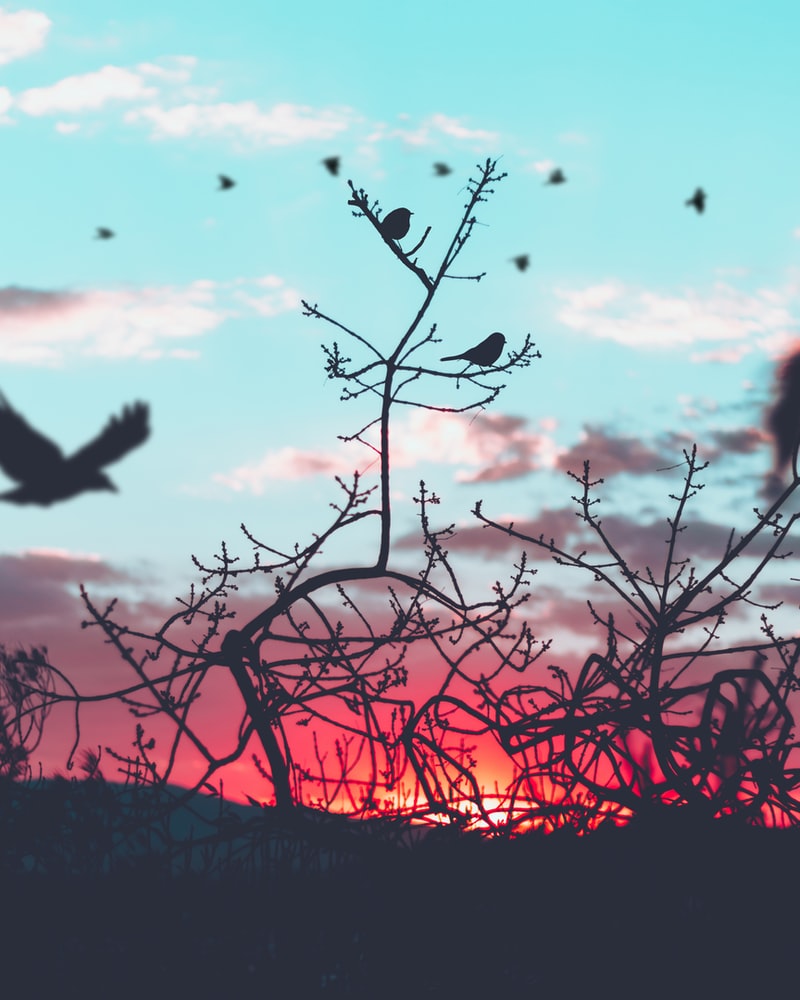 A flock of international, national, and local media has noted a precipitous rise in birdwatching. With families sheltering at home, birdwatching provides a challenging, fun, and inexpensive diversion. The United States is home to 1,107 species of birds; approximately 20,000 bird species inhabit the world. As the Audubon Society notes, this gave Noah a headache:
A flock of international, national, and local media has noted a precipitous rise in birdwatching. With families sheltering at home, birdwatching provides a challenging, fun, and inexpensive diversion. The United States is home to 1,107 species of birds; approximately 20,000 bird species inhabit the world. As the Audubon Society notes, this gave Noah a headache:
If the biblical flood took place today, and Noah were a modern taxonomist, [it] might have ended very differently. When instructed by God to load two of every creature into the ark, Noah would have to push for a few more details: “What exactly do you mean by ‘kind’ of creature?” he would need to ask the Almighty. “A biological species, or a phylogenetic species? Does your list of creatures include subspecies? And what about distinct population segments?”
After the dove flew from Noah's ark, creation gained a rainbow of bird species to delight the eyes and ears. Birdwatching reminds us that the created world is one of beauty and wonder for us to enjoy.
Heightened Opportunity
This viral pandemic has been an opportunity to heighten our gratitude for God's creation. Basking in the warm sun or the moon's silvery glow, reveling in the smell of a redwood dell, enjoying nectar from the tip of a honeysuckle, the feel of salty ocean spray tell us that creation is a divine gift. The six days of creation beckon us to gratitude.
Within the Christian life, gratitude is not simply a moral obligation; it also serves to acknowledge our createdness, dependence, and interdependence and is, thus, essential to the moral life of faith.
Marsha Fowler, PhD, MDiv, MS, RN, FAAN, FRSA, writes the Christian Ethics column in the Journal of Christian Nursing. For the full devotional from which this post is excerpted, read Marsha’s column in the current issue (April-June 2021).
Print and online journal subscriptions are one of many benefits with NCF membership. Grow your nursing scholarship and strengthen the integration of your faith and practice!
Add new comment